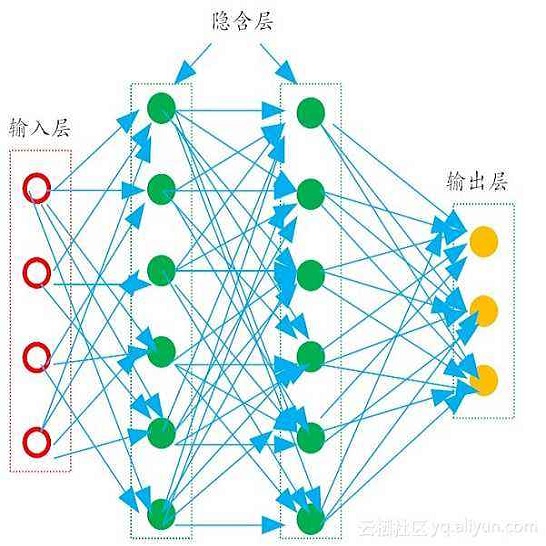The rapid progress in clinical data management systems and artificial intelligence approaches enable the era of personalized medicine. Intensive care units (ICUs) are the ideal clinical research environment for such development because they collect many clinical data and are highly computerized environments. We designed a retrospective clinical study on a prospective ICU database using clinical natural language to help in the early diagnosis of heart failure in critically ill children. The methodology consisted of empirical experiments of a learning algorithm to learn the hidden interpretation and presentation of the French clinical note data. This study included 1386 patients' clinical notes with 5444 single lines of notes. There were 1941 positive cases (36 % of total) and 3503 negative cases classified by two independent physicians using a standardized approach. The multilayer perceptron neural network outperforms other discriminative and generative classifiers. Consequently, the proposed framework yields an overall classification performance with 89 % accuracy, 88 % recall, and 89 % precision. This study successfully applied learning representation and machine learning algorithms to detect heart failure from clinical natural language in a single French institution. Further work is needed to use the same methodology in other institutions and other languages.
翻译:临床数据管理系统和人工智能方法的迅速进展使个人化医学时代得以进入。密集护理单位(ICUs)是这种发展的理想临床研究环境,因为它们收集了许多临床数据,并且是高度电脑化的环境。我们设计了对未来的ICU数据库的追溯性临床研究,使用临床自然语言帮助早期诊断重病儿童的心脏衰竭。方法包括学习法国临床说明数据隐蔽解释和表述的学习算法实验。这项研究包括1386个病人的临床笔记,共5444条单行注。1941个积极病例(占总数的36%)和3 503个由两名独立医生用标准化方法分类的负病例。多层透视神经网络优于其他歧视和基因化分类师。因此,拟议框架得出了89%准确性、88 %记得和89 %精确性的总体分类性表现。这项研究成功地应用了学习代表性和机算算算法,以在单一的法国机构中从临床自然语言中检测心脏衰竭。还需要开展进一步工作,以便在其他机构和其他语言中使用同样的方法。




